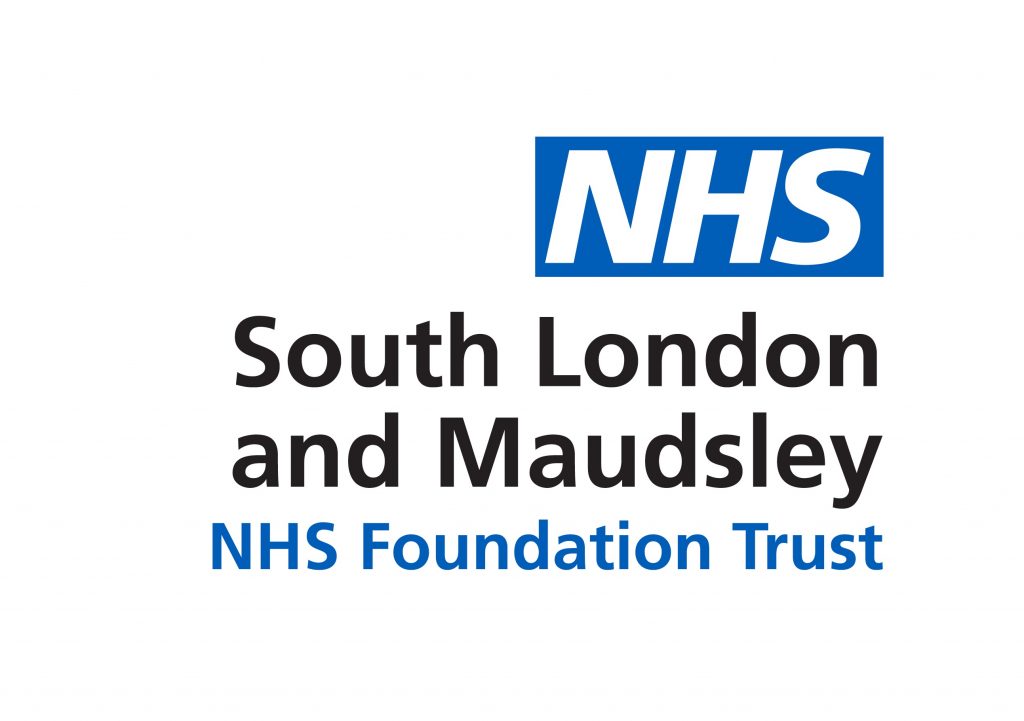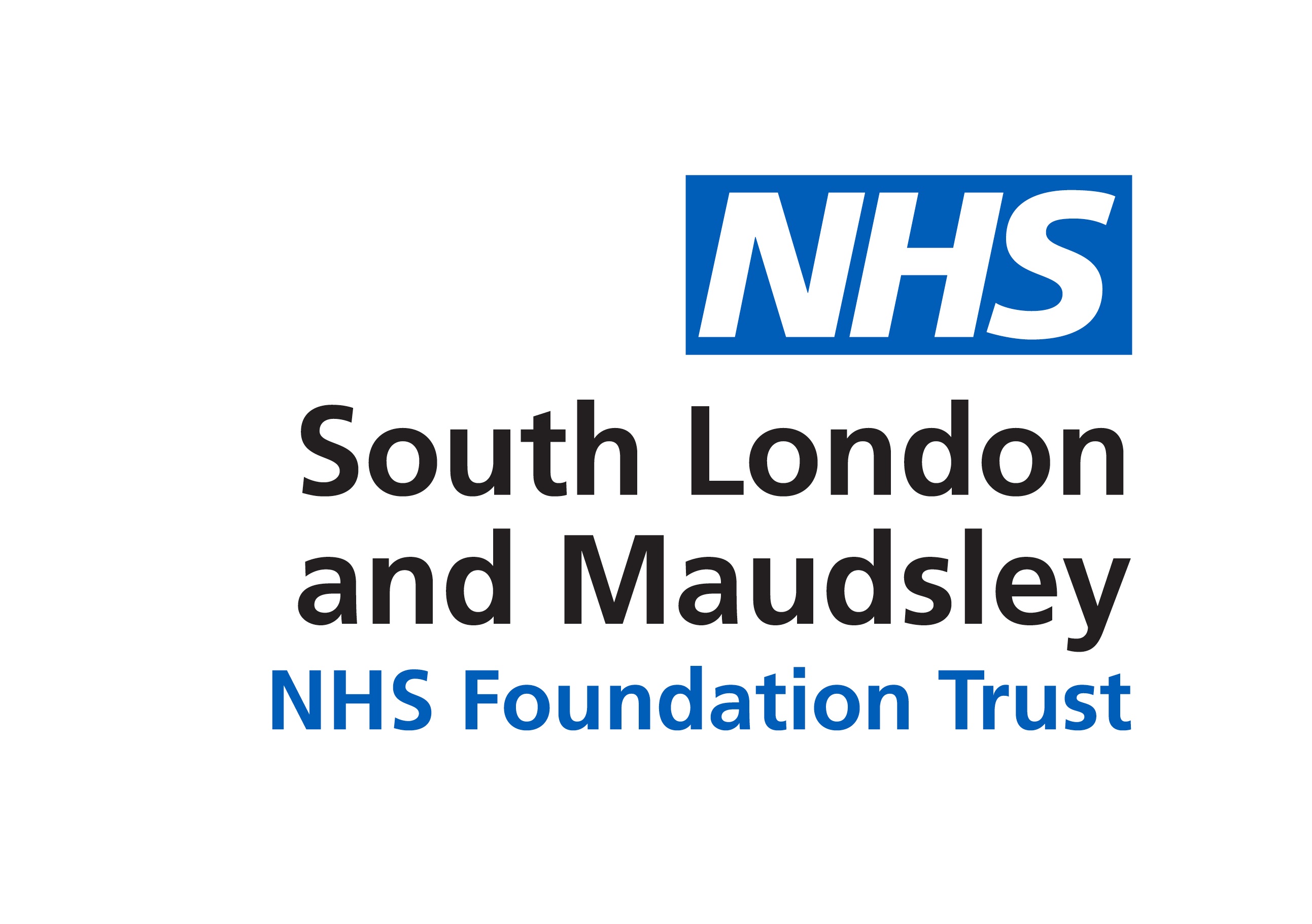
Family Intervention and Support Service
Family Intervention and Support Service
What is family intervention?
The service works with families where a member has a diagnosis of psychosis, or has experienced hearing voices or strong, unusual or upsetting beliefs. Even close relationships can be put under strain by mental health problems. The service knows that family members, partners and friends can feel unsure about the best way to support someone with these sorts of difficulties. Similarly service users can find it hard to explain how they are feeling to those close to them.
A particular way of working with families in these situations has been developed. It aims to support both the service user and anyone who lives with them or sees a lot of them. This way of working is described as “family intervention” or “family work”. They will use both these terms throughout this leaflet.
When they refer to “families” this often means the people a service user lives with, or is related to, but not necessarily.
What is involved?
Family intervention would involve you meeting with the service as a family on a regular basis, in a place where you all feel comfortable and able to talk about the things which are causing you difficulty. The meetings with you are planned so that everyone has equal time to talk about how they feel and what they want. The services job is to work with everybody to find better ways of managing a situation.
It can involve sharing information that you might want such as:
- What is psychosis?
- Why has it happened?
- How can we understand this?
It also involves working together to find ways of making life easier for all of you in the family by:
- Building on the strengths that you all have already.
- Taking a practical approach to understanding or coping with current difficulties, rather than bringing up the past.
- Looking at strategies that can help with communication and problem-solving.
They sometimes also arrange individual appointments with each family member. This helps us to understand better how each of you sees the situation and what you would like to work on.
In your first meeting they will explain to you what to expect from this kind of work, and address any questions or worries that you may have.
Who is involved?
Family workers in the service are all qualified mental health professionals – including clinical or counselling psychologists, psychiatrists, nurses, social workers and occupational therapists – who have also undertaken further training in family work. Some are still in training to develop their skills in family work. They usually work together in pairs.
Where possible family work includes the service user although families can be referred even if the service user does not want to be involved. Relatives and friends who are important to the service user can be invited to join the meetings as family work can involve everyone connected to the family who wants to take part.
How long would they meet for?
The service provides different levels of support, offering anything from 4 to 20 meetings, largely guided by your needs and preferences. Meetings usually last for one hour and take place fortnightly, but we will try to arrange meeting times which will best meet your needs.
Meetings generally take place in the family home, but the best place to meet can also be discussed and agreed together.
Is there any evidence that family intervention is helpful?
A lot of research over the last 30 years has shown that family intervention can help in many ways, particularly preventing service users from having a relapse.
The updated National Institute for Health and Clinical Excellence Guidelines for Schizophrenia (NICE, 2009) suggest that family intervention for psychosis should be offered to service users and carers.
Are there any risks or side effects?
They hope that family work will lead to good results for you and that you will feel better. However, this type of approach does not suit everybody and you may find that other ways of working would suit you better.
Family work may be upsetting or feel like hard work at first because you are trying to find new ways to deal with your difficulties. It is important to tell them if you think the meetings are not helping. They will work with you to try and sort out any problems.
If you decide, at any stage, that family work is not for you, They will try to give you some general advice or information about other services you could contact, and of course you can always change your mind in future.
Is family intervention confidential?
Everything said at the meetings is confidential within the service. This means that they will discuss the work with colleagues in our service, in order to get their help and ideas. Your family workers will keep notes – including electronic records – and will explain how these are kept. All records are stored confidentially and securely. They will also send updates about how the meetings are going to the team or doctor involved in your care – you can have a copy of these.
If you are concerned about confidentiality, check with your family workers exactly what information will be passed on to others.
How can I get referred?
If you live in Croydon and have been affected by hearing voices or distressing beliefs that others find hard to understand, or if you are supporting someone who is affected by these sorts of experiences, please talk about the possibility of family work with your care coordinator or a member of your care team. They will be able to give you more information and make a referral if this seems likely to help. There may be a wait for the service but we will keep you informed about how long this is likely to be.
SLaM Family Intervention and Support Service (Croydon)
Family Intervention and Support Service (Croydon)
Jeanette Wallace House
1 Edridge Road
Croydon
CR0 1FE
Tel: 0203 228 0410
Email: FISScroydon@slam.nhs.uk
Career Support Information: Career_Support
FISS Information Sheet: FISS_Information
Website: www.slam.nhs.uk
SLaM Jeanette Wallace House Address
Jeanette Wallace House
1 Edridge Road
Croydon
Surrey
CR0 1FE
Tel: 020 3228 0307
Website: www.slam.nhs.uk


